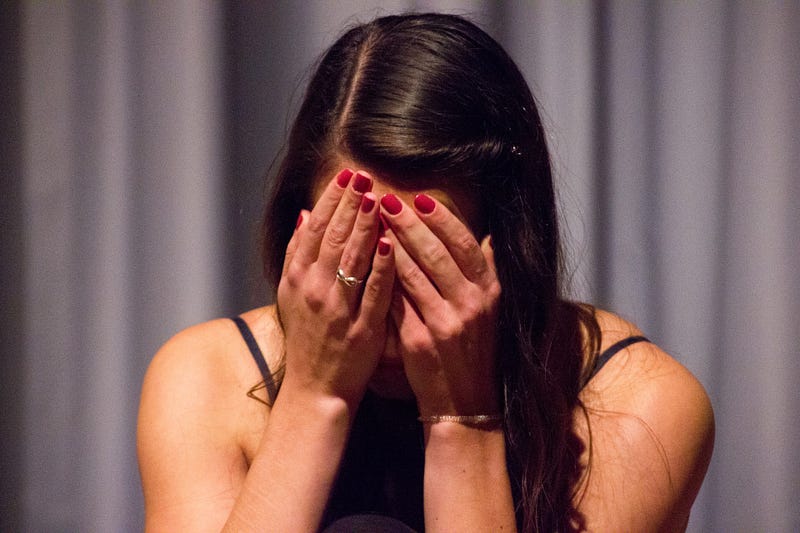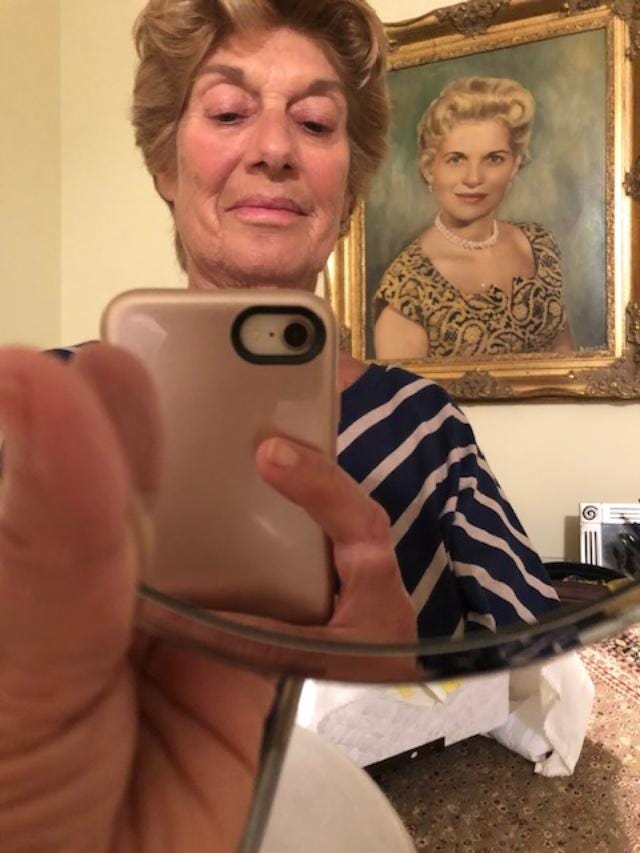Embracing Age: Reflections on Ageism and Connection
Written on
Chapter 1: A Chance Encounter in Paris
During a fleeting moment in Paris, I found myself unexpectedly mirroring the sentiments of a man who labeled me an “old bag.”

While walking along Rue St. Dominique with my lively dog, Rocky, I came across a couple. Their aging poodle was cradled in the man’s arms, reminding me of my late dog, Bogey. “I understand how challenging this time can be,” I empathized, recalling my own experiences.
I often cherish these brief interactions in Paris, akin to refreshing dips in a pool of humanity. After exchanging pleasantries, I learned their names: Mark and Donna.
“Interesting!” I remarked, “You’re the second American Donna I’ve met this month, and both have dogs!”
Then, inexplicably, I blurted out, “But YOU’RE much younger!”
Instantly, I regretted my words. I barely knew them, yet I had made an age-related comment that felt inappropriate. To my surprise, Donna thanked me for the compliment, which only added to my discomfort.
In the following days, I couldn’t shake the feeling of embarrassment. Hadn’t my research on ageism taught me anything?
What’s the significance of asking, “How old are you?” Perhaps the best approach is to answer honestly and question the importance of age itself. — Ashton Applewhite
I've since absorbed Ashton Applewhite’s influential TED Talk and her enlightening manifesto. Additionally, I delved into Becca Levy’s "Breaking the Age Code," which posits that negative perceptions of aging can adversely impact longevity.
Despite my newfound awareness, my comment to Donna revealed that I still had a long way to go.
I enjoy sharing that I’m 78 years old, but I acknowledge that I’m sometimes fishing for compliments. Growing up, I disliked my mother’s openness about her age, yet now I see that it brought her joy when others remarked, “I would never have guessed your age.”

“So what if you appear younger than your age, Melinda?” my wiser self chides. “That doesn’t define your worth.”
She’s correct. Having a youthful appearance doesn’t equate to being a better person. If “looking young” means I don’t have significant wrinkles or sagging skin, it doesn’t make me superior to others who do. I simply present differently.
Moreover, beauty is largely beyond our control. While I do engage in self-care, which is commendable, genetics and health largely dictate our appearance.
Perceptions of youth vary widely. Some individuals might see me as a well-preserved woman of a certain age, particularly when I’m made up. Yet, in a society that equates youth with being under 30, I hardly fit that mold.
Isn’t it time we celebrate the diverse representations of aging? Why can’t women embrace their natural beauty as men do? Why can’t we proudly showcase our wrinkles?
Telling on Myself
Acknowledging my ageist remark towards Donna symbolizes my internalized beliefs about aging.
Next time I meet someone with a familiar name, perhaps I can craft a comment that steers clear of age altogether.
I’ll also make an effort to refrain from leading with my age or mentioning my grandchild right away.
And if a stranger remarks that I look “younger,” I’ll respond with a witty comeback: “Compared to what?”
Age is more than just a number, and it doesn’t need to dominate casual conversations unless it’s truly relevant.
We don’t have the luxury of do-overs in real life, but if I could relive my interaction with Donna, I would instead say: “What a coincidence! You’re the second dog owner named Donna I’ve met this month, and chatting with you has been just as delightful as with the first!”
If you appreciate my reflections…
This video discusses the importance of recognizing and challenging ageist remarks in our daily lives, highlighting the impact of language on perceptions of aging.
In this enlightening talk, Ashton Applewhite addresses the paradox of ageism in America, emphasizing the need for a shift in how we view and treat the elderly.